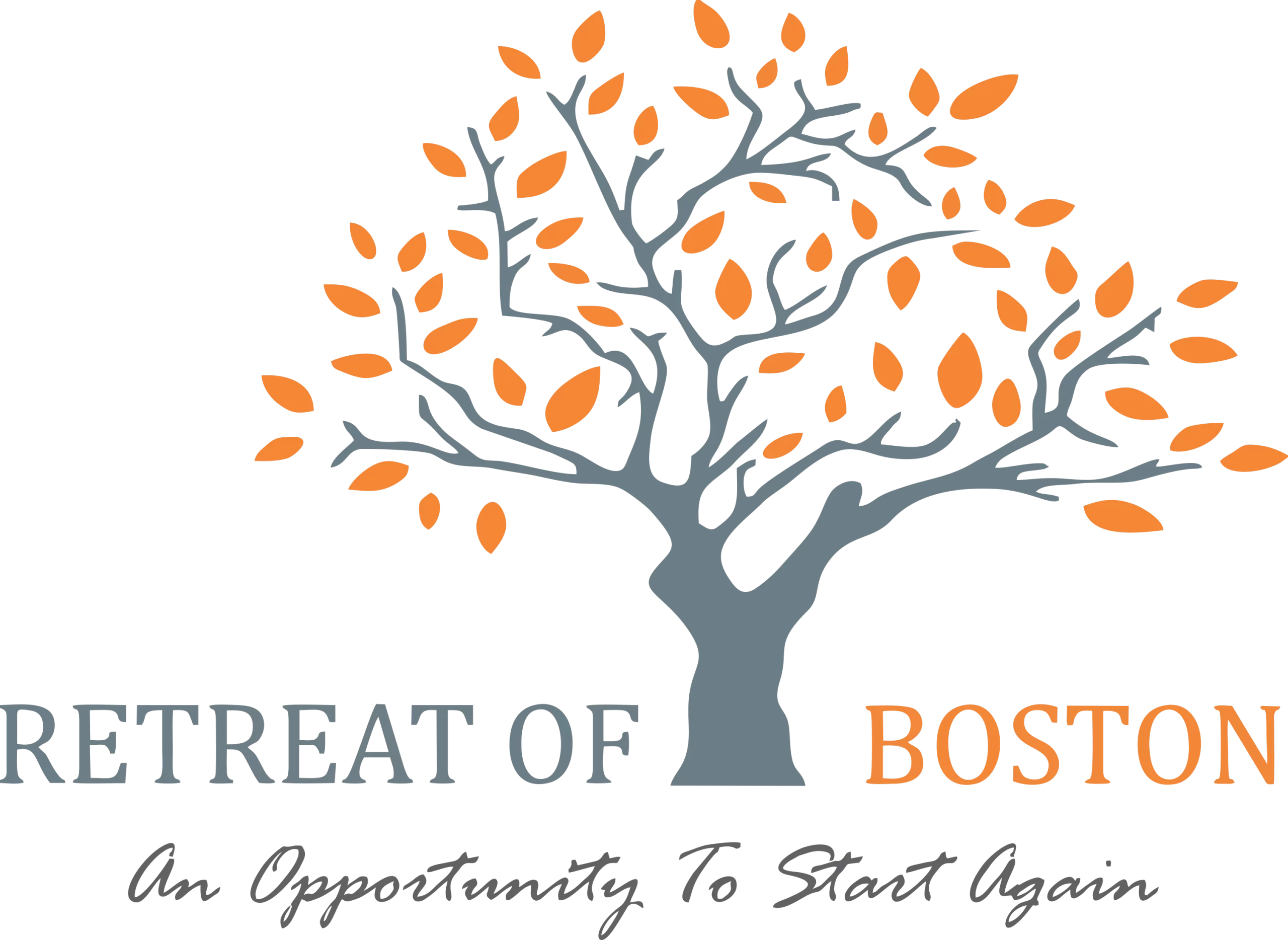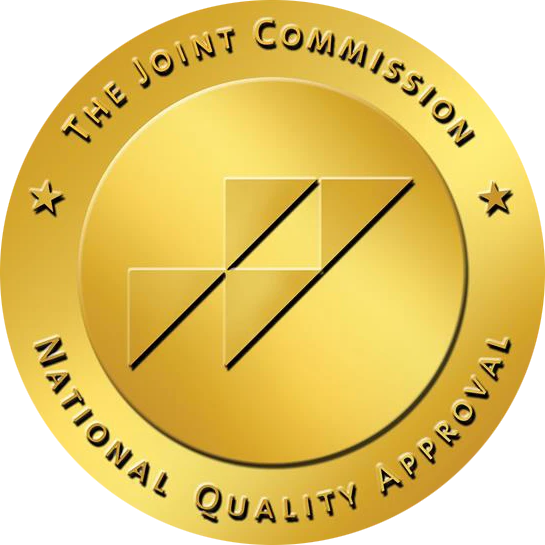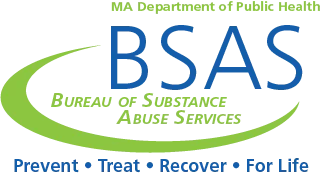Opiate addiction is an epidemic whose far-reaching results end in endless devastation in the lives of individuals who are struggling as well as their loved ones. Our opiate detox in Boston is designed to help those individuals find hope and begin to recover. While opiates offer legitimate help to alleviate pain in people who have chronic or short-term conditions, they often lead to misuse and abuse resulting in addiction. Opiate addiction in the United States has led to countless deaths, permanent damage, and broken relationships in the lives of many Americans. Receiving proper care to combat opiate addiction is crucial to beginning to gain control back and avoiding the devastating results that opiate addiction causes.
What are Opiates?
When someone is struggling with pain, a common treatment method includes the prescribing of prescription opiate medications. These medications can be effective in the treatment of pain, however, they can also result in misuse and addiction. But what are opiates? Opiates are a class of medication used for the treatment of moderate to severe pain. Opiate medications bind to the opioid receptors in the brain and can, in turn, alleviate the pain an individual may be experiencing. Opiates are drugs that are made from opium which is derived naturally from the seeds of the poppy plant. They work as the central nervous system, CNS, and depressants. The CNS is responsible for functions of the body such as breathing, motor movement, and cognitive function. Misuse of these drugs can result in addiction and dependence and lead to far worse results than the pain opiates are used to treat. Opiate detox in Boston is available for those who find themselves struggling with these drugs.
Commonly Abused Opiates
When it comes to opiates, there are many on the market that often result in abuse and addiction. Despite this, there are a few that are more commonly abused than others. While these drugs help with legitimate pain treatment, the effects of these drugs are contributing factors toward their potential for abuse. Commonly misused and abused opiates include:
- Oxycodone
- Morphine
- Codeine
- Hydrocodone
While these prescription medications are effective in treating pain, abuse of them can have some long-lasting devastating results. Opiates attach to the opioid receptors in the body, blocking pain signals to the brain. This can result in slowed motor movement, slowed heart rate, and blood pressure as well as feelings of relaxation and euphoria. The euphoric, or “high”, feeling can lead to abuse or misuse of these drugs. Misuse and abuse occur when someone uses these prescription medications in ways that are not expressly written in their directions. This can include taking more than prescribed, crushing and snorting or injecting them, or using someone else’s prescription. Practices like snorting and injecting the drug can lead to further negative effects on health and overall wellness. Opiate detox in Boston can be beneficial in the lives of individuals who find themselves struggling with these substances.
Signs of Opiate Addiction
Being knowledgeable and identifying potential signs of opiate abuse and addiction can help someone who needs opiate detox in Boston. Identifying potential signs of distress in a loved one can be a catalyst to getting the right help that is needed to find recovery. The signs of opiate addiction can be physical or behavioral and some signs may be easier to spot than others. The signs one can look out for include:
- Changes in appetite
- Unusual weight loss
- Nodding in and out of consciousness at inappropriate times
- Using despite negative consequences
- Lying about use
- Hiding usage
- Nausea and vomiting
- Constipation
- Negative changes in personal relationships
- Isolation
- Loss of interest in enjoyable activities
- Depression
- Withdrawal symptoms
Understanding Opiate Abuse In Boston, MA
Opiate abuse continues to be a critical public health issue in Boston, Massachusetts, with recent data highlighting both progress and persistent challenges.
Current Landscape of Opiate Abuse in Boston
In 2022, Massachusetts reported 2,357 confirmed and estimated opioid-related overdose deaths, marking a 2.5% increase from the previous year and a 9.1% rise from the pre-pandemic peak in 2016. Fentanyl was present in 93% of these deaths, underscoring its significant role in the ongoing crisis. Polysubstance use was also prevalent, with cocaine detected in 53% of cases and alcohol in 28%. While the state experienced a slight decline in fatal drug overdoses from 2022 to 2023, Boston saw a 12% increase during the same period, highlighting the city’s unique challenges in combating opiate abuse.
Disparities and Contributing Factors
The opioid crisis disproportionately affects communities of color in Boston. According to the CDC, between 2021 and 2022, non-Latinx Black residents experienced a 42% increase in opioid-related overdose deaths, while Latinx residents saw a 16% rise. In contrast, non-Latinx White residents experienced a 14% decrease. These disparities underscore the need for targeted interventions and equitable access to treatment services.
Areas like “Mass and Cass” have become epicenters of the crisis, with high concentrations of individuals experiencing homelessness and substance use disorders. The intersection of Melnea Cass Boulevard and Massachusetts Avenue has been particularly impacted, leading to increased efforts by the city to address the complex needs of this community.
Public Resources for Opiate Addiction Treatment in Boston, MA
Boston offers a range of resources to combat opiate abuse:
-
Massachusetts Substance Use Helpline: A statewide, public resource providing free and confidential assistance for finding substance use treatment and recovery services .
-
Bureau of Substance Addiction Services (BSAS): Oversees the statewide system of prevention, intervention, treatment, and recovery support services for individuals affected by substance addiction.
-
Boston Public Health Commission’s Recovery Services: Offers outreach, engagement, advocacy, referrals, harm reduction, and recovery services to help individuals access the support they need.
-
Whittier Street Health Center: Provides comprehensive health care and support services to primarily low-income, racially and ethnically diverse populations in Boston, including outpatient addiction programs.
If you or someone you know is struggling with opiate abuse in Boston, it’s crucial to seek help promptly. Utilizing these resources can pave the way toward recovery and a healthier future.

What To Expect During Opiate Withdrawal
Someone who is struggling with opiates will likely experience some uncomfortable withdrawal symptoms if the drugs are abruptly stopped. These symptoms can be distressing and hard to make it through if done using the “cold turkey” method. Opiate detox in Boston is available for anyone struggling to begin their journey of recovery.
Symptoms of opiate detox can be unpleasant and can seem flu-like. These symptoms can include things like runny nose, fever, and sweating. Other symptoms that can arise during opiate detox can include:
- High blood pressure
- High heart rate
- Nausea
- Vomiting
- Diarrhea
- Headache
- Muscle pain and aches
- Insomnia
- Depression
- Anxiety
- Suicidal ideations
- cravings
Symptoms of opiate detox usually begin within 12 hours of the last use. Over the first 3 days, these symptoms tend to peak and begin to level off some. Between days 4-7 the physical symptoms of opiate withdrawal pretty much subsided. However, some mental health conditions such as depression and anxiety can last longer. Symptoms like intense cravings can also remain for several weeks after the last use of the drug.
How Opiate Detox in Boston Helps
Detox for opiate addiction can make a world of difference in the lives of individuals who find themselves struggling. Detox provides a safe and healing environment for people to begin their journey of recovery from opiate addiction. Opiate detox in Boston aims to provide safe and healing care to those beginning their journey by providing round-the-clock medical care to address any potential health risks. Detox also provides psychological care that can address mental health conditions such as depression and anxiety. Having the proper support and professional care when starting a life after opiate addiction is crucial to successfully overcoming physical addiction. The professionals provided during detox can help to set a path of success for individuals looking to start a healthier lifestyle.
Find Healing & Recovery With The Help of Opiate Detox in Boston
Opiate addiction can be a dangerous game to play. The effects of these drugs can lead to devastating results, which include overdose and death. These drugs cause havoc in the lives of individuals who are struggling and it can be hard to overcome. There is hope, however, for a better life after opiate addiction. If you or a loved one are struggling, we can help. At the Retreat of Boston, we offer personalized comprehensive care for those who are struggling. Call us today and begin your journey of recovery.




